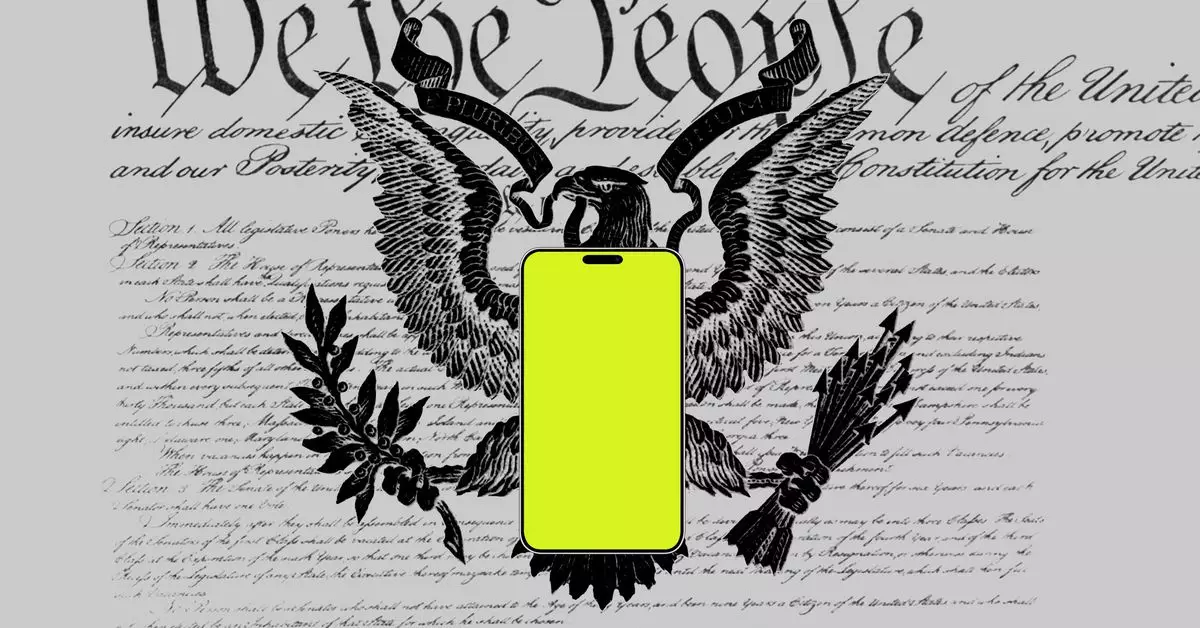Recent reports from the Federal Trade Commission (FTC) reveal a noteworthy drop in complaints regarding unwanted telemarketing calls, marking a significant trend in consumer protection. Over the past year, these complaints have decreased by more than 50 percent compared to figures reported in 2021. This is encouraging news for consumers who have long felt overwhelmed by unsolicited calls that disrupt daily life. With approximately 33,000 fewer complaints logged during the 2024 fiscal year, it appears that the collaborative efforts between government agencies and regulatory bodies are starting to yield positive results and alleviate one of the modern consumer’s persistent grievances.
The FTC credits this decline directly to a series of strategic actions taken to combat illegal telemarketing practices and to fortify protections against phone scams. Although the agency has successfully reduced the volume of such complaints overall, it did note a troubling increase in specific categories—most notably, calls related to debt reduction, which surged by an alarming 85 percent. This dual narrative suggests that while the FTC’s initiatives are effective in significantly curtailing unwanted calls, certain areas remain vulnerable and may require further scrutiny and action.
The proactive approach adopted by the FTC involves a multi-faceted plan that prioritizes tackling illicit telemarketing at its source. The agency has been pursuing upstream telemarketers as well as enforcing existing regulations aimed at maintaining consumer privacy. Remarkably, the introduction of the Telemarketing Sales Rule (TSR) has empowered the FTC to impose restrictions on telemarketer practices, effectively regulating when and how these calls can be made. Recent clarifications extend these safeguards to scam calls that utilize artificial intelligence, preventing the growing threat posed by technologically enhanced telemarketing tactics.
The crackdown on well-known scams, including the fraudulent extended vehicle warranty campaigns, illustrates a focused attempt to eliminate specific threats while setting a precedent for future enforcement efforts. With the partnership of the Federal Communications Commission (FCC), the regulatory landscape has evolved, introducing heightened verification procedures designed to authenticate caller IDs. This initiative not only aids in reducing confusion among consumers but also restores faith in telephone communication by diminishing the risk of being misled by false identification.
Despite these strides in consumer protection and regulation, it is crucial to acknowledge that the battle against telemarketing is far from over. The ongoing prevalence of scam calls, particularly those associated with debt reduction services, highlights a pressing need for sustained vigilance and intervention. Moreover, as technology continues to advance, telemarketers will undoubtedly adapt their strategies, which may require regulators to remain one step ahead to maintain the progress already achieved.
While the decline in complaints about unwanted telemarketing calls reflects the impact of diligent enforcement and consumer protection policies, ongoing challenges highlight that the fight is not yet complete. Stakeholders must remain committed to not only addressing existing threats but also anticipating emerging tactics in this ever-evolving landscape of telecommunication.

